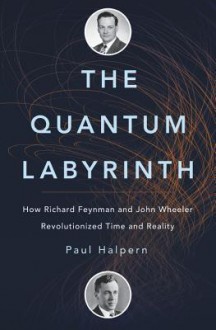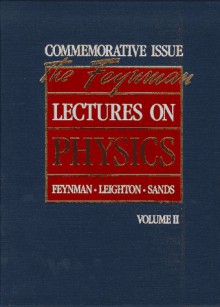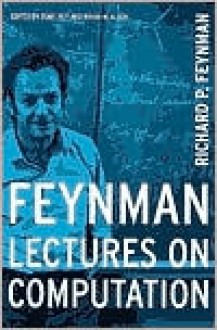
“It’s worth a lot of miles to talk with you about anything and everything.”
John Wheeler referring to Richard P. Feynman, November 28, 1978 (Caltech Archives) in “The Quantum Labyrinth” by Paul Halpern
“His ideas are strange; I don’t believe them at all. But it is surprising how often we realize later that he was right.”
Richard P. Feynman referring to John A. Wheeler, in “Inside the Mind of John Wheeler”, 1986, in “The Quantum Labyrinth” by Paul Halpern
“To be normal or unconventional, that is the question. Is it better to be regular, predictable, and straightforward or bizarre, haphazard, and mercurial?”
in “The Quantum Labyrinth” by Paul Halpern
Do people in Quantum electrodynamics end their proofs with Q.E.D?
If you're into stuff like this, you can read the full review.

 Log in with Facebook
Log in with Facebook 







